Jawaharlal Nehru
"Nehru" redirects here. For the style of jacket, see Nehru jacket.
| Jawaharlal Nehru | |
Nehru, circa 1927. | |
| | |
| In office 15 August 1947 – 27 May 1964 | |
| Monarch | King George VI (until 26 January 1950) |
|---|---|
| President | Rajendra Prasad and Sarvepalli Radhakrishnan |
| Governor–General | Louis Mountbatten C. Rajagopalachari |
| Preceded by | Position Created |
| Succeeded by | Gulzarilal Nanda (interim) |
| | |
| In office 15 August 1947 – 27 May 1964 | |
| Preceded by | Position Created |
| Succeeded by | Gulzarilal Nanda |
| | |
| In office 8 October 1958 – 17 November 1959 | |
| Preceded by | T. T. Krishnamachari |
| Succeeded by | Morarji Desai |
| | |
| Born | 14 November 1889 Allahabad, United Provinces, British India |
| Died | 27 May 1964 (aged 74) New Delhi, Delhi, India |
| Nationality | Indian |
| Political party | Indian National Congress |
| Spouse(s) | Kamala Nehru |
| Children | Indira Gandhi |
| Alma mater | Trinity College, Cambridge |
| Profession | Barrister |
| Religion | Agnostic[1][2] |
| Signature | |
The son of a wealthy Indian barrister and politician, Motilal Nehru, Nehru became a leader of the left wing of the Indian National Congress when still fairly young. Rising to become Congress President, under the mentorship of Mahatma Gandhi, Nehru was a charismatic and radical leader, advocating complete independence from the British Empire. In the long struggle for Indian independence, in which he was a key player, Nehru was eventually recognized as Gandhi's political heir. Throughout his life, Nehru was also an advocate for Fabian socialism and the public sector as the means by which long-standing challenges of economic development could be addressed by poorer nations.
Life and career
Nehru raised the flag of independent India in New Delhi on 15 August 1947, the day India gained Independence. Nehru's appreciation of the virtues of parliamentary democracy, secularism and liberalism, coupled with his concerns for the poor and underprivileged, are recognised to have guided him in formulating socialist policies that influence India to this day. They also reflect the socialist origins of his worldview. He is sometimes referred to as the "Architect of Modern India"[citation needed]. His daughter, Indira Gandhi, and grandson, Rajiv Gandhi, also served as Prime Ministers of India.[edit] Successor to Gandhi
On 15 January 1941 Gandhiji said, "Some say Pandit Nehru and I were estranged. It will require much more than difference of opinion to estrange us. We had differences from the time we became co-workers and yet I have said for some years and say so now that not Rajaji but Jawaharlal will be my successor."[11][edit] India's first Prime Minister
Teen Murti Bhavan, Nehru's residence as Prime Minister, now a museum in his memory.
Once elected, Nehru, with all his cunnings; engineered an interim government, which to Nehru's Political advantage was impaired by outbreaks of communal violence and political disorder, and the opposition of the Muslim League led by Muhammad Ali Jinnah, who were demanding a separate Muslim state of Pakistan. After failed bids to form coalitions, Nehru saw an opportunity to lead the country and happily supported the partition of India, according to a plan released by the British on 3 June 1947. He took office as the Prime Minister of India on 15 August, and delivered his inaugural address titled "A Tryst With Destiny" that was dictated to him by the last British Governor of India and ratified by Queen of England.
"Long years ago we made a tryst with destiny, and now the time comes when we shall redeem our pledge, not wholly or in full measure, but very substantially. At the stroke of the midnight hour, when the world sleeps, India will awake to life and freedom. A moment comes, which comes but rarely in history, when we step out from the old to the new, when an age ends, and when the soul of a nation, long suppressed, finds utterance. It is fitting that at this solemn moment we take the pledge of dedication to the service of India and her people and to the still larger cause of humanity."[12]However, this period was marked with intense communal violence. This violence swept across the Punjab region, Delhi, Bengal and other parts of India. Nehru conducted joint tours[citation needed] with Pakistani leaders to encourage peace and calm angry and disillusioned refugees. Nehru would work with Maulana Azad and other Muslim leaders to safeguard and encourage Muslims to remain in India. The violence of the time deeply affected Nehru, who called for a ceasefire[citation needed] and UN intervention to stop the Indo-Pakistani War of 1947. Fearing communal reprisals, Nehru also hesitated in supporting the annexation of Hyderabad State.
In the years following independence, Nehru frequently turned to his daughter Indira to look after him and manage his personal affairs. Under his leadership, the Congress won an overwhelming majority in the elections of 1952. Indira moved into Nehru's official residence to attend to him and became his constant companion in his travels across India and the world. Indira would virtually become Nehru's chief of staff.


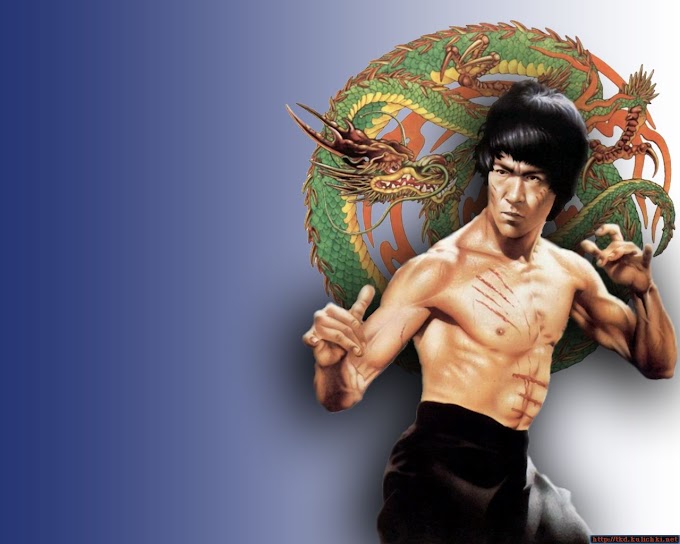
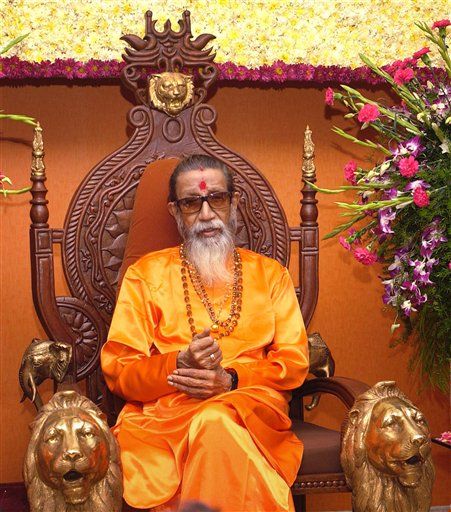
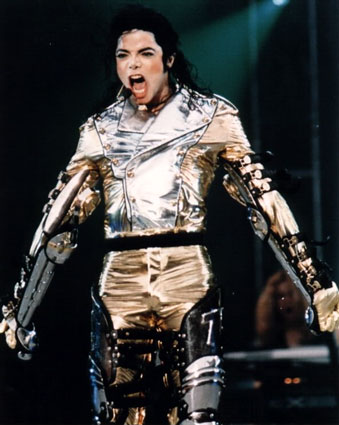
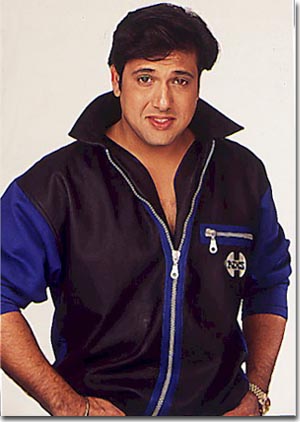


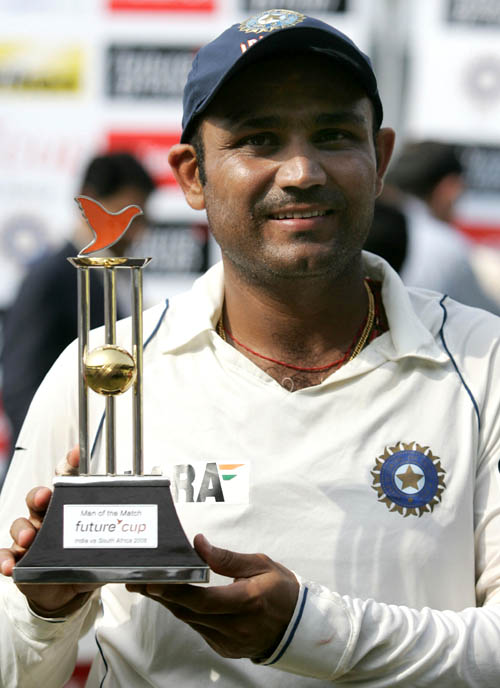

0 Comments